APRIL 23, 2025
REFLECTIVE PRACTICE
What Makes Behaviour Support Therapeutic?
Reflections on Practice – Entry #1
In a system where behaviour support is often reduced to compliance audits, incident logs, and restrictive practice reports, we must ask a deeper question:
👉 What makes behaviour support therapeutic?
At CBChange, we believe therapeutic practice is not defined by tools or templates, it’s defined by how we see the person in front of us. Our work is grounded in the BASIC System Model of Therapeutics (BMT) - a trauma informed, person-centred, relationship-driven, and human rights-anchored approach to Behaviour Support.
We do not see behaviour as a problem to fix, but as a message to understand. A call for safety, connection, autonomy, or dignity.
Therapeutic Behaviour Support is about empowerment, healing, and inclusion, not just risk reduction.
🔹 Behaviour Support is Therapeutic When…
1. It Starts With Safety, Not Control
Therapeutic support begins with a question:
Is this person truly safe - not just physically, but emotionally, psychologically, and neurobiologically?
Using our Safe–Secure–Enabled–Included (SSEI) framework, we recognise that behaviour is often the body’s language of protection and survival. It is not disordered; it is adaptive.
Until someone feels safe enough to stop surviving, learning and change cannot occur.
❝ We don’t control behaviour, we listen to it. ❞
Creating safety is not just best practice, it is a human right.
2. It’s Rooted in Relationships, Not Compliance
Therapeutic Behaviour Support does not isolate the individual from their context. It considers the relational field around them.
Using the PPSS lens - Person, People, Systems, and Settings - we explore:
Who is in this person’s world?
What is the quality of their connections?
Are support workers, teachers, or carers regulated and attuned?
Therapeutic change cannot be imposed. It is co-created in relationship. This honours the right to participate, connect, and be seen.
3. It Explores Patterns, Not Just Functions
Traditional behavioural assessments ask, “What’s the function of this behaviour?”
The BASIC Formulation asks:
What pattern is playing out across time, space, and relationships - and why?
We examine dynamical interaction patterns to understand:
How environments shape behaviour
How unmet needs manifest systemically
How behaviour serves both simple and complex functions
Therapeutic insight doesn’t emerge from diagnosis, it emerges from contextual understanding.
And with that comes the chance to shift from interventions that restrict, to those that restore.
4. It Builds Capacity, Not Dependency
Therapeutic support is not about compliance—it’s about capability.
We focus on building:
Emotional regulation
Communication alternatives
Predictable environments
Co-regulatory relationships
It’s not about independence at all costs. It’s about supported interdependence.
When we scaffold a person’s life with understanding and care, we enable them to grow into their fullest, most connected selves.
This is what it means to affirm human dignity and rights in practice.
5. It Reflects On Itself
Therapeutic Behaviour Support is a reflective practice.
As practitioners, we must constantly ask:
What am I bringing into this space?
How do my values shape the plan?
Is this support truly in the person’s best interests, or simply in the system’s comfort zone?
Therapeutic work happens in the micro-moments, where awareness meets humility.
When we centre the person, honour their autonomy, and respond to their needs, we are not just implementing a plan, we are upholding their rights.
🔄 Final Reflection
To call something therapeutic means it must heal, empower, and connect.
If our work doesn’t move someone closer to safety, autonomy, and inclusion, then it may be many things, but it is not therapeutic.
And if it does not respect or promote the human rights of the person receiving support, it is not ethical, and it cannot be therapeutic.
🧭 This article is part of our new blog series: Therapeutic Behaviour Support – Reflections on Practice Follow along as we explore the heart of behaviour support through stories, theory, systems thinking, and lived experience.
Whether you’re a practitioner, team leader, or family member we hope this series gives you a moment to pause, reflect, and reconnect with the why behind the work.
Let’s make behaviour support something truly transformational.
📘 Next entry: “Beyond Restrictive Practices – Building a Culture of Enablement”
Subscribe below to be notified.
Subscribe to stay up to date with all things CBChange
Keep updated with CBChange! Subscribe for news on our impactful Therapeutic Behaviour Support, inspiring stories, events, and insights from Inclusive Therapeutics. Stay ahead with our latest initiatives and opportunities to engage. Join our community and contribute to the positive change!


